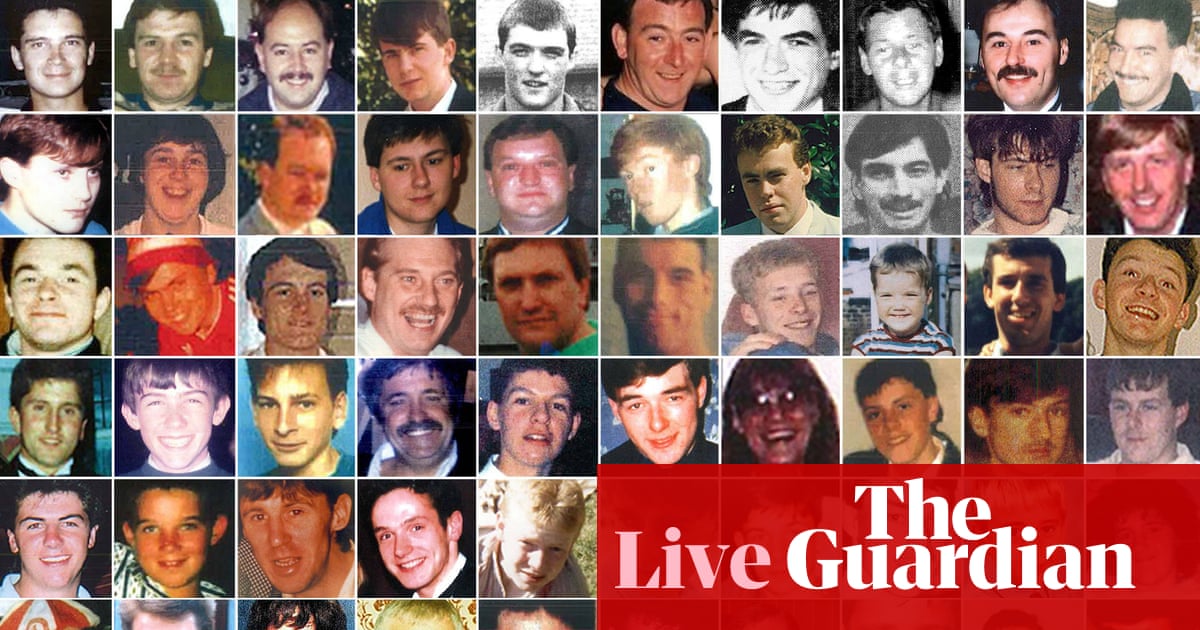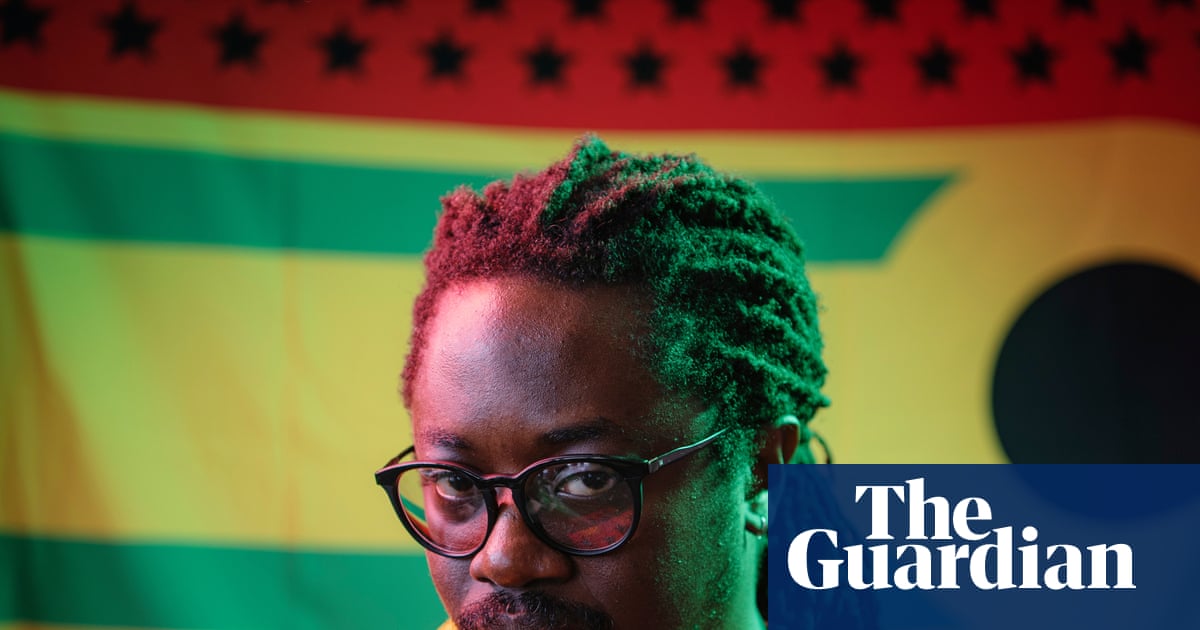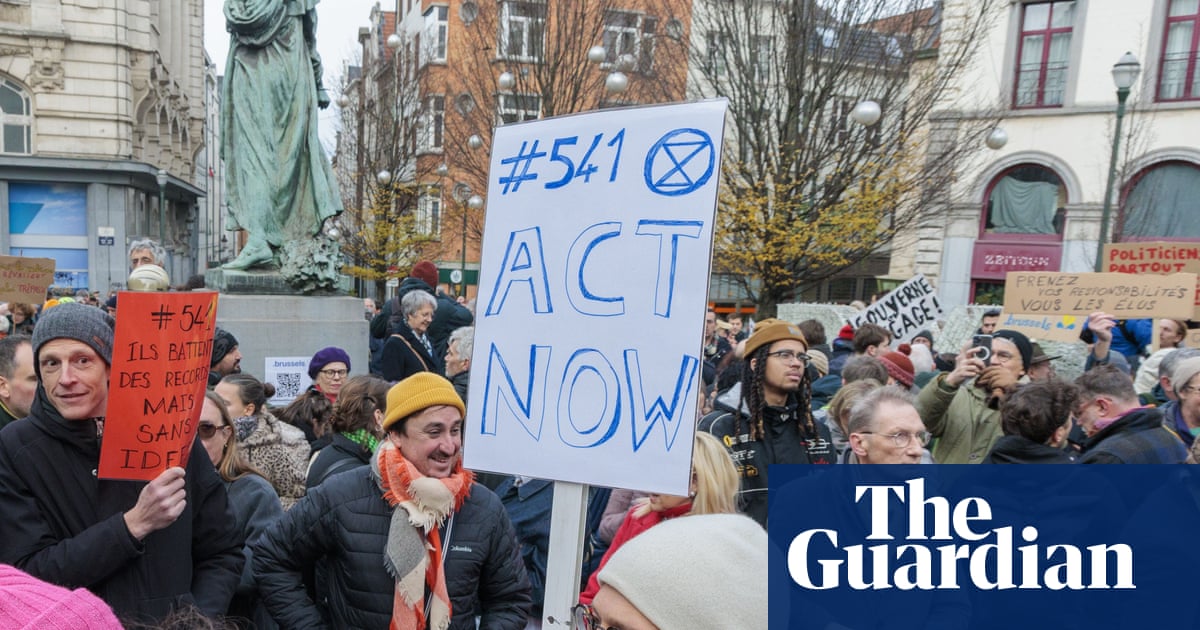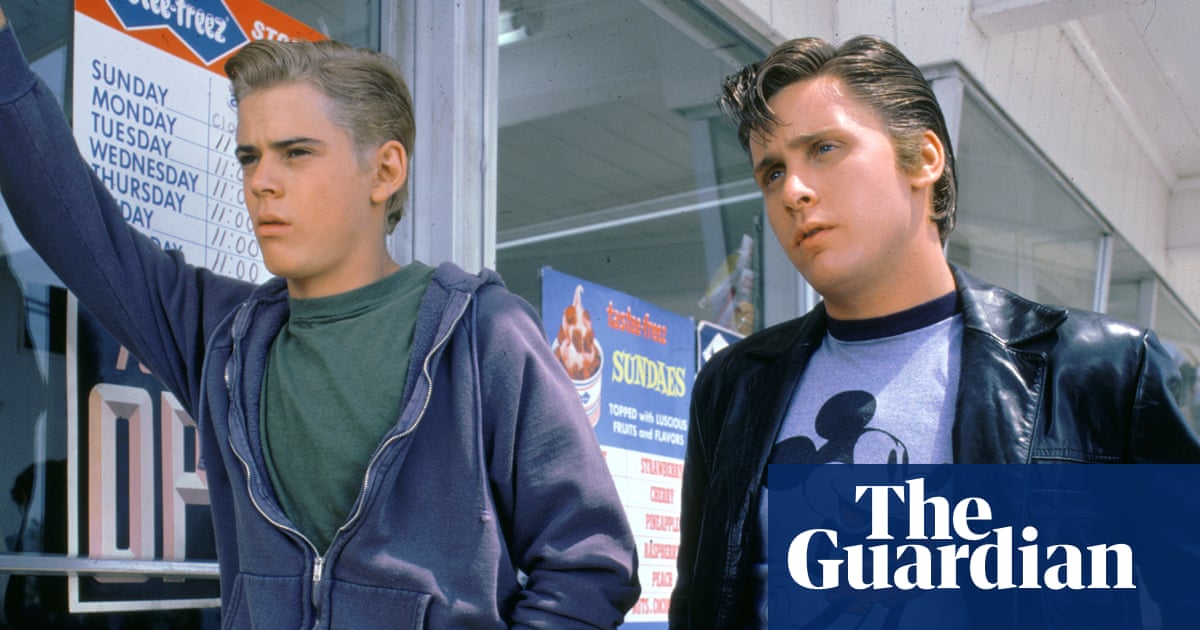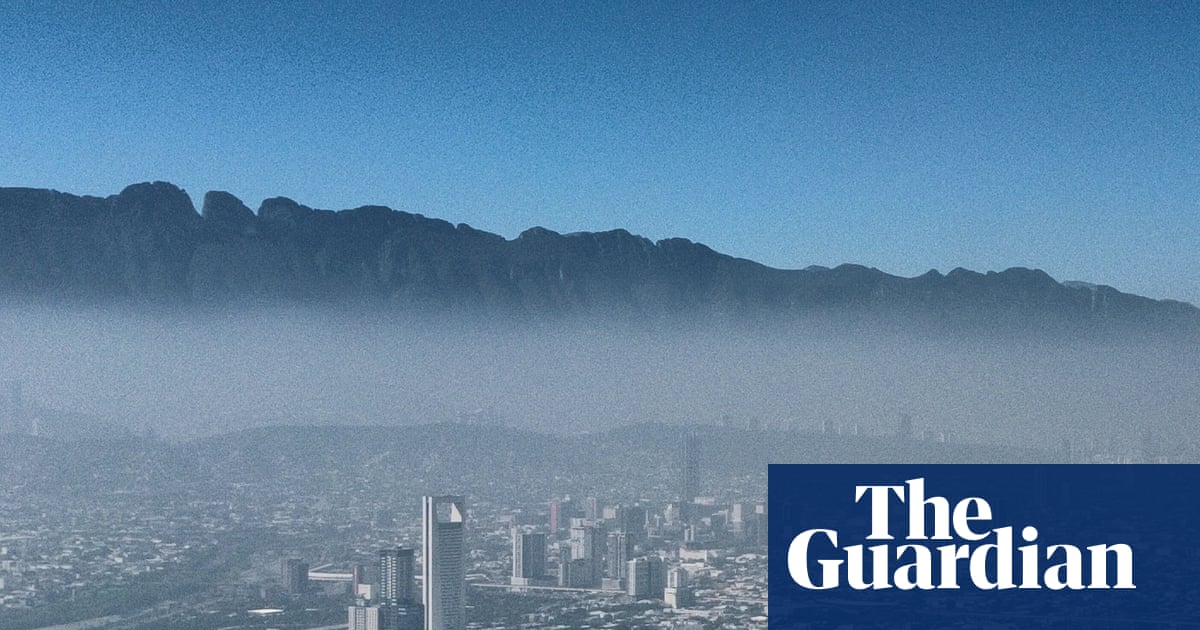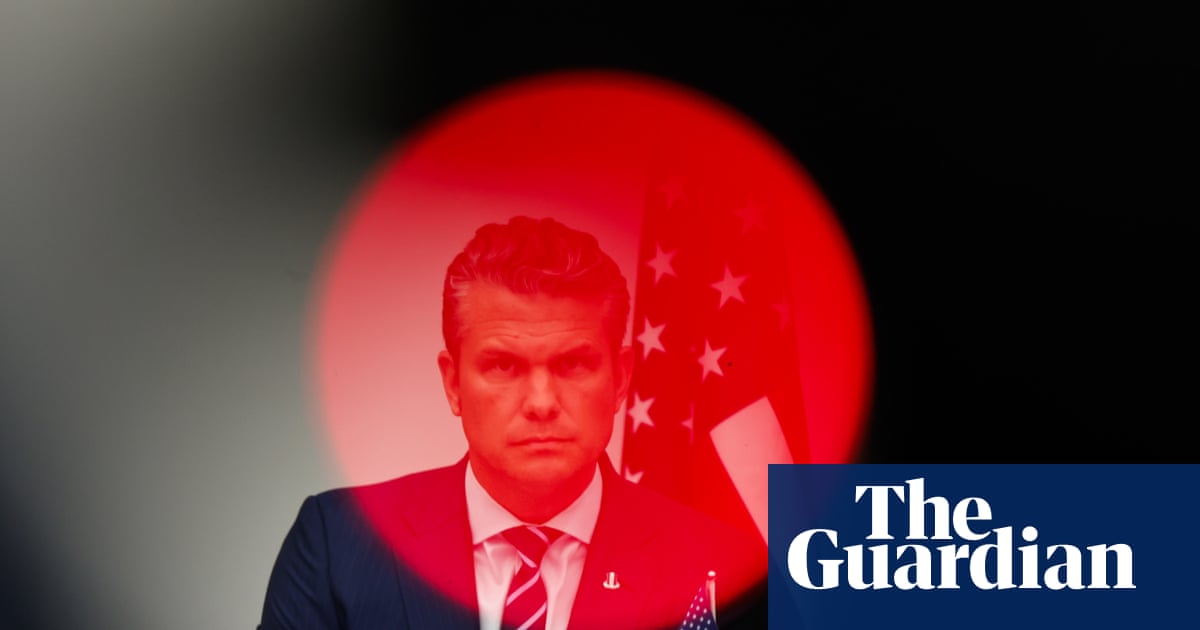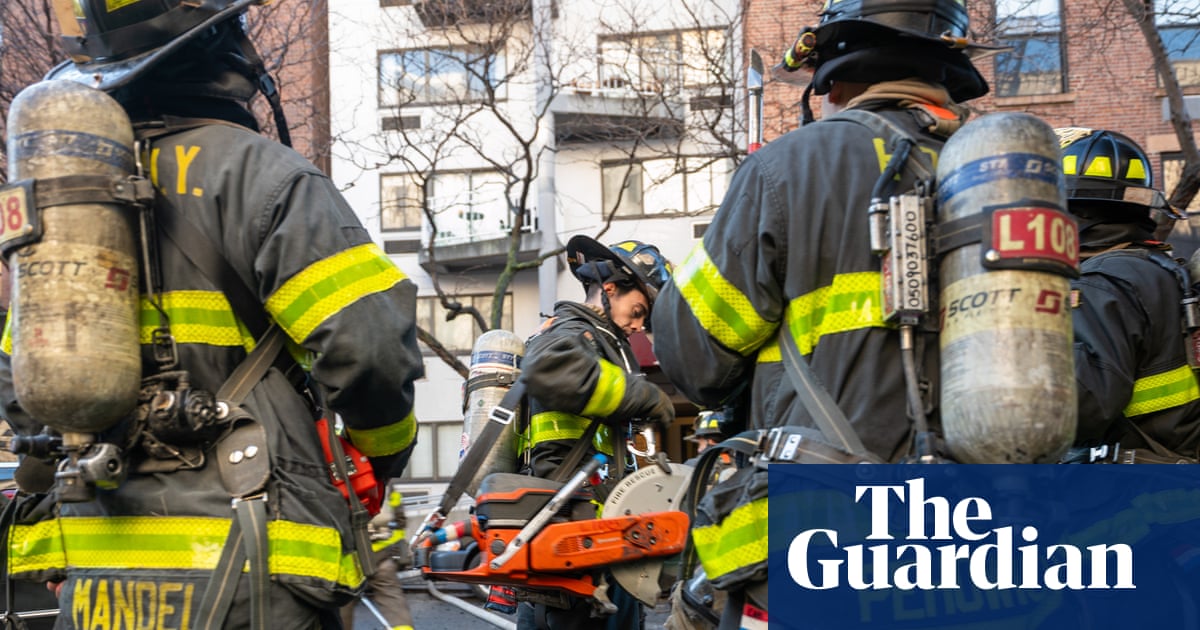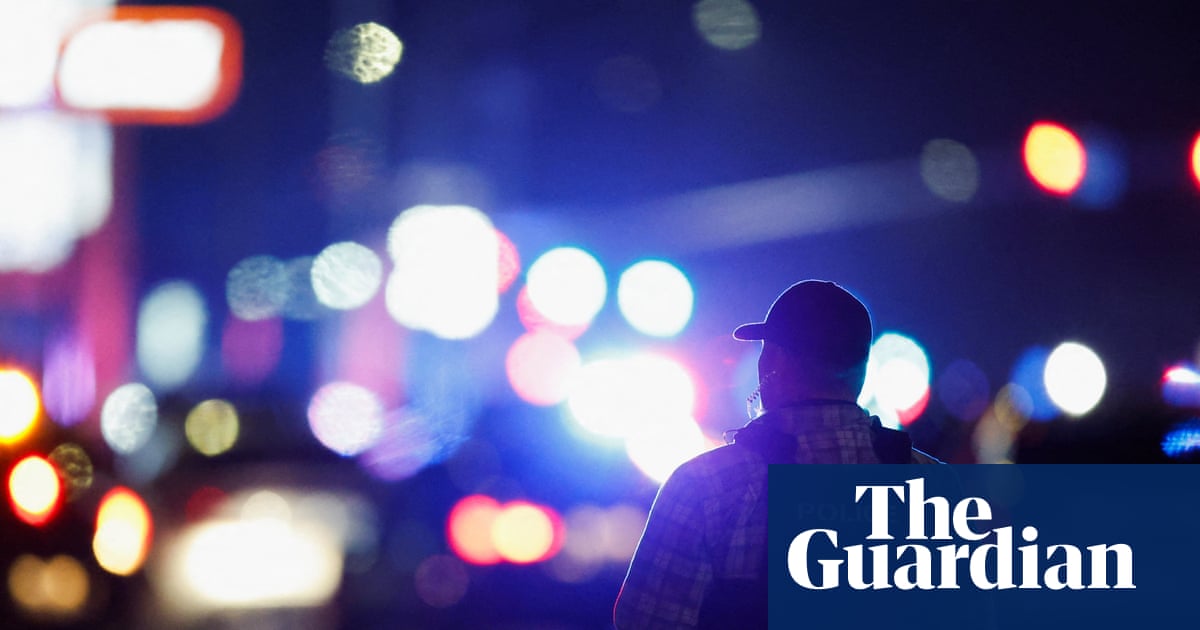The head of the Metropolitan police, Sir Mark Rowley, has described the force as having a “toxic legacy” of prejudice that has “put down deep roots”, as allegations of bigotry and excessive force were aired on national television.
The BBC Panorama programme follows undercover filming capturing allegations including misogyny, anti-Muslim comments and other alleged wrongdoing at Charing Cross police station.
At the highest levels of the Met, as well at City Hall and in national government, there is a fear if not expectation, that the revelations will damage confidence in the force and cast doubt on claims it is reforming radically enough after years of scandal and damning reports.
In a sign of the tensions, officers booed and jeered the Met deputy commissioner, Matt Jukes, at the National Black Police Association (NBPA) conference when he refused to accept that Britain’s biggest force was institutionally racist.
A report in 2023 by Louise Casey, commissioned by the Met after the Sarah Everard scandal, found the Met to be institutionally racist, misogynistic and prejudiced.
Rowley immediately rejected those terms, while saying he accepted the report’s findings of wholesale failings and toxicity.
The London mayor, Sadiq Khan, said he would announce the much-delayed follow-up inquiry into the Met that Lady Casey wanted, checking how much the Met had changed.
Jukes was scrambled to attend the conference of black officers on Wednesday as the Met was plunged into crisis by the alleged actions of its own officers, telling the audience the behaviours were “a matter of profound shame and regret”.
Jukes, a strong favourite to be the next Met commissioner warned of “gangsterish behaviours” among officers, covering up for wrongdoing and “coercing” others to do the same.
Rowley said the BBC programme exposed “appalling and criminal” behaviour, apologised and vowed to investigate “deeper into the corrupt networks and cliques our actions have driven underground”.
Since Rowley became commissioner in September 2022, the Met says it has ousted 1,500 officers who fell short of expected standards.
The commissioner said: “The behaviour depicted in this programme is reprehensible and completely unacceptable.
“Officers behaving in such appalling, criminal ways, let down our communities and will cause some to question if their sons and daughters are safe in our cells, and whether they would be believed and respected as victims of crime. For that, I am truly sorry.”
Rowley promised that “where there is incontrovertible evidence of racism, misogyny, anti-Muslim sentiment or bragging about excessive use of force”, those responsible will be “put on a fast-track hearing within weeks and on a path to likely dismissal”.
Rowley said he was already leading the biggest clear-out of corrupt officers in British history: “As commissioner, I have been candid about the systemic, cultural, leadership and regulatory failings that have allowed misogyny, racism and a lack of public service ethos to put down deep roots … We are relentlessly arresting and sacking officers and staff with 11 forced out each week – more than triple the rate of the previous weak approaches that left this toxic legacy behind.”
The Met has suspended nine officers, and the allegations have resulted in the Independent Office for Police Conduct placing 11 people under investigation for gross misconduct, and one officer under criminal investigation on suspicion of perverting the course of justice.
after newsletter promotion
Sal Naseem was the IOPC’s director for London at the time of the last Charing Cross scandal, when a 2022 IOPC report contributed to the ousting of the then commissioner, Cressida Dick, and prompted Met promises of reform.
Naseem said: “If this can happen again at Charing Cross police station, what does it say about the Met, what does it say about policing?
“This comes down to not more reports, not more recommendations, this comes down to leadership and implementation.”
Imran Khan, the solicitor for Doreen Lawrence, whose son Stephen was murdered by racists who stayed free because of police errors, said: “The police service now is as bad as it ever was. If the commissioner does not do anything about it, he has to go.”
Khan, said: “I have met with the commissioner to discuss directly the issues exposed by the BBC – and its impact on public confidence and trust in the police …
“I will continue to work with the commissioner and hold him to account to ensure Londoners get the police they deserve. In support of that, I will soon be announcing details of a planned follow-up to the Casey review.”
Alison Lowe, West Yorkshire’s deputy police and crime commissioner, said she feared a national fallout: “People will see what is happening in Charing Cross and think that applies everywhere.”
Andy George, the president of the NBPA, said Rowley had not taken the challenges on race and other bad behaviours seriously enough, sidelining instead of listening to black officers, and called for the Met to be broken up, adding: “What I see is a lot of chickens coming home to roost.”

 2 months ago
66
2 months ago
66
